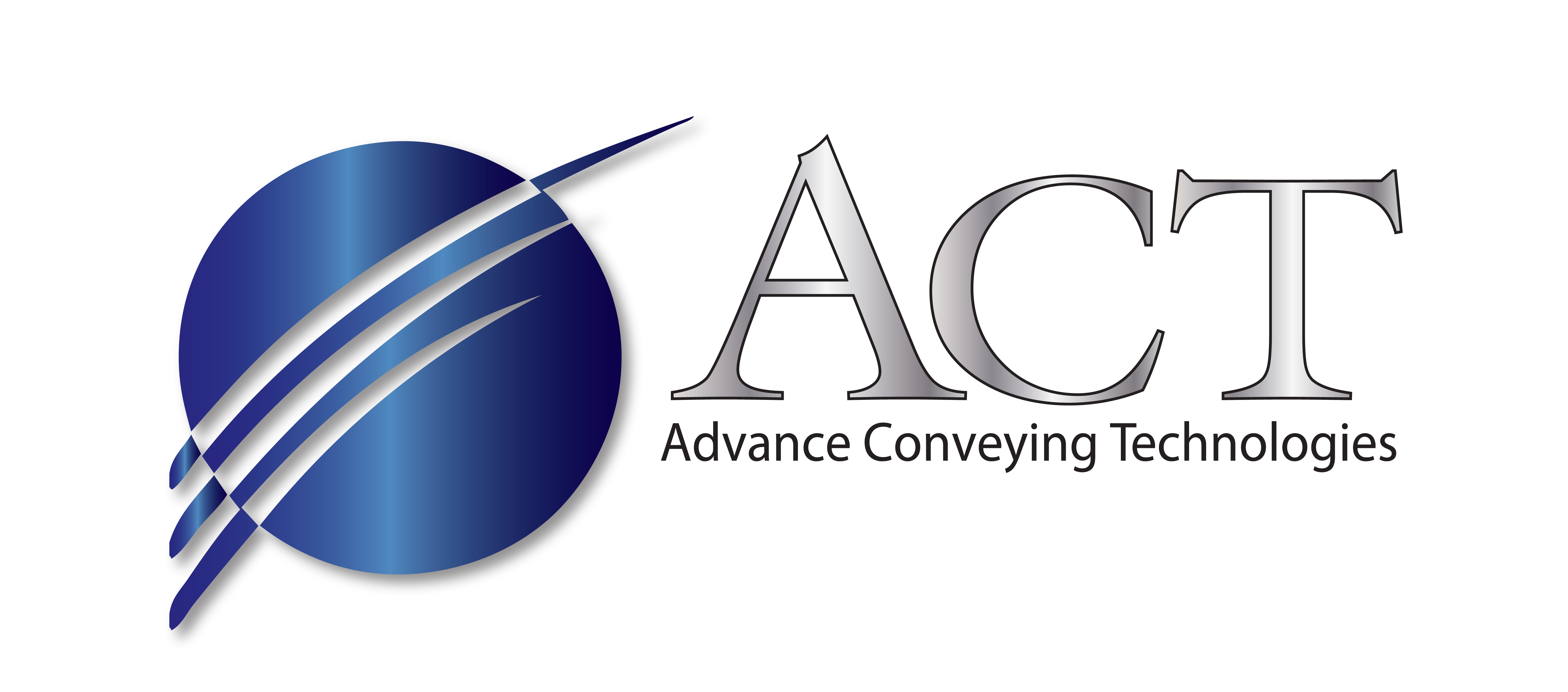Industrial Equipment and Specialized Solutions
The industrial equipment landscape continues to evolve with technological advancements that enhance productivity, safety, and operational efficiency. Modern industrial facilities require specialized equipment that can withstand demanding operational conditions while maintaining consistent performance standards. From heavy machinery components to precision instrumentation, the selection of appropriate industrial equipment directly impacts production capabilities and long-term operational success.
Quality industrial equipment suppliers understand the critical importance of reliability and durability in manufacturing environments. They provide comprehensive support services including installation guidance, maintenance protocols, and technical training to ensure optimal equipment performance. This holistic approach to equipment supply helps organizations maximize their return on investment while minimizing unexpected downtime and maintenance costs.
The integration of smart technology into industrial equipment has revolutionized how businesses monitor and manage their operations. IoT-enabled devices provide continuous performance data, enabling predictive maintenance strategies that prevent costly equipment failures. This technological evolution has transformed traditional reactive maintenance approaches into proactive systems that optimize equipment lifespan and operational efficiency.




